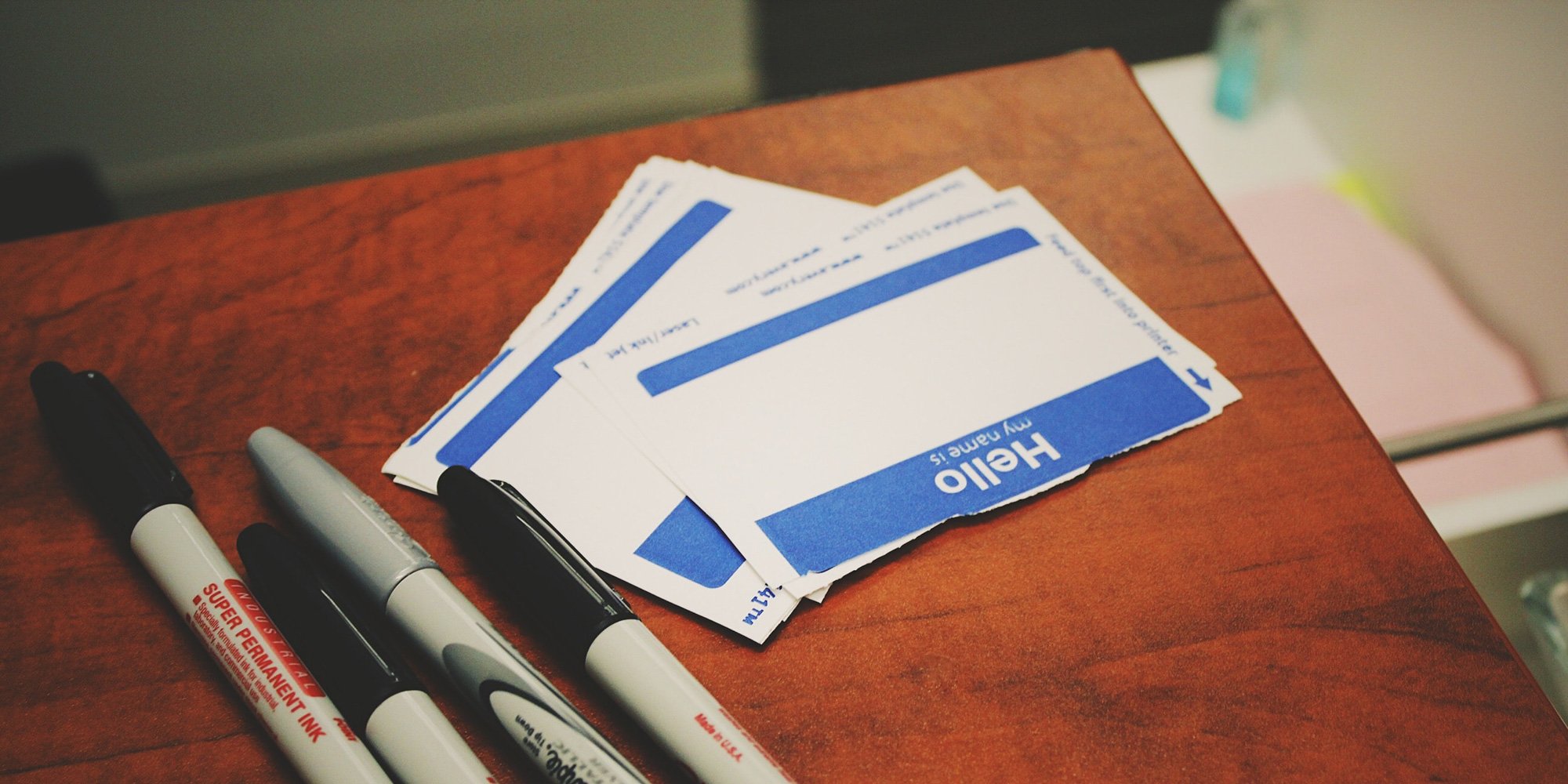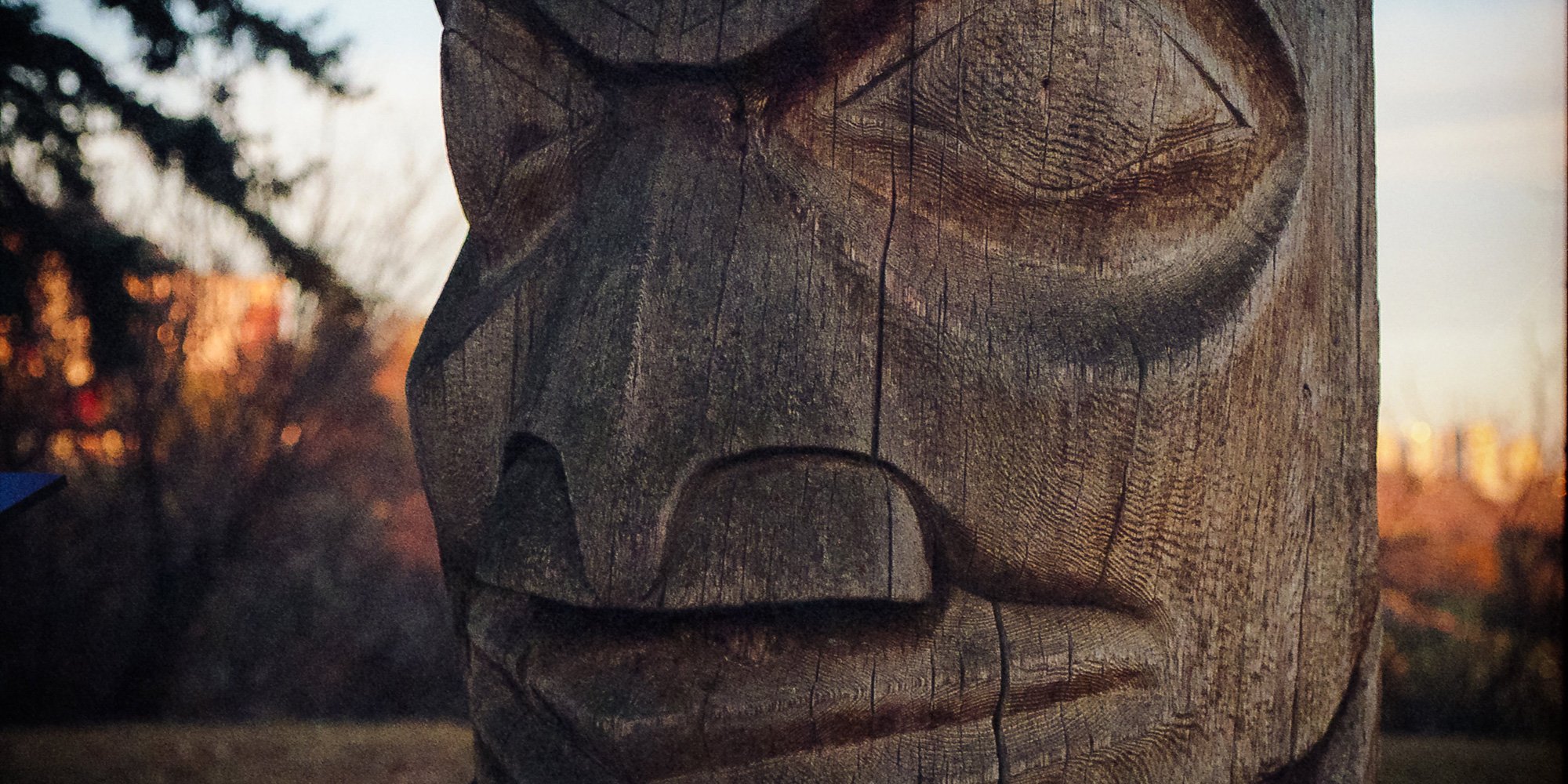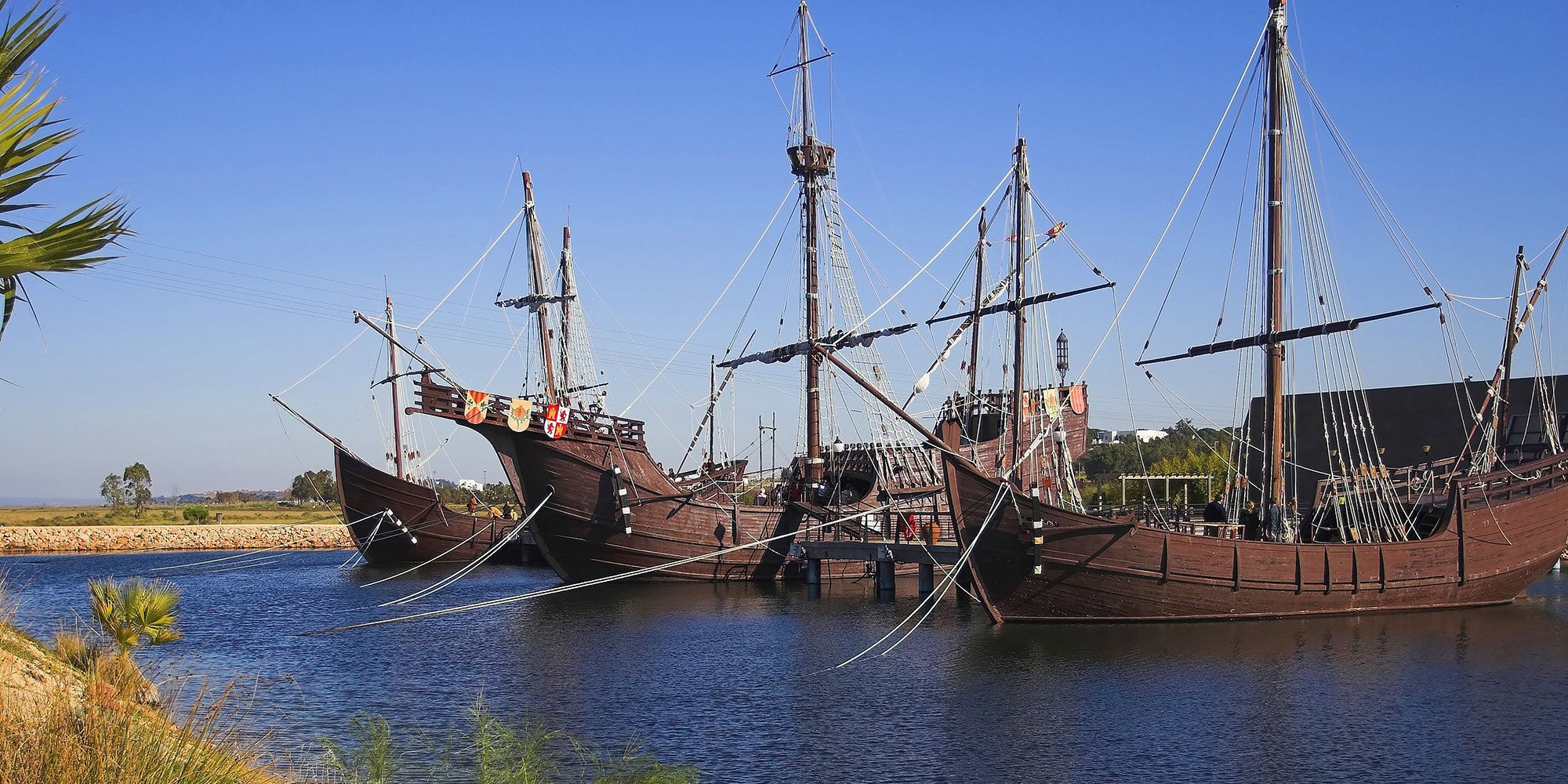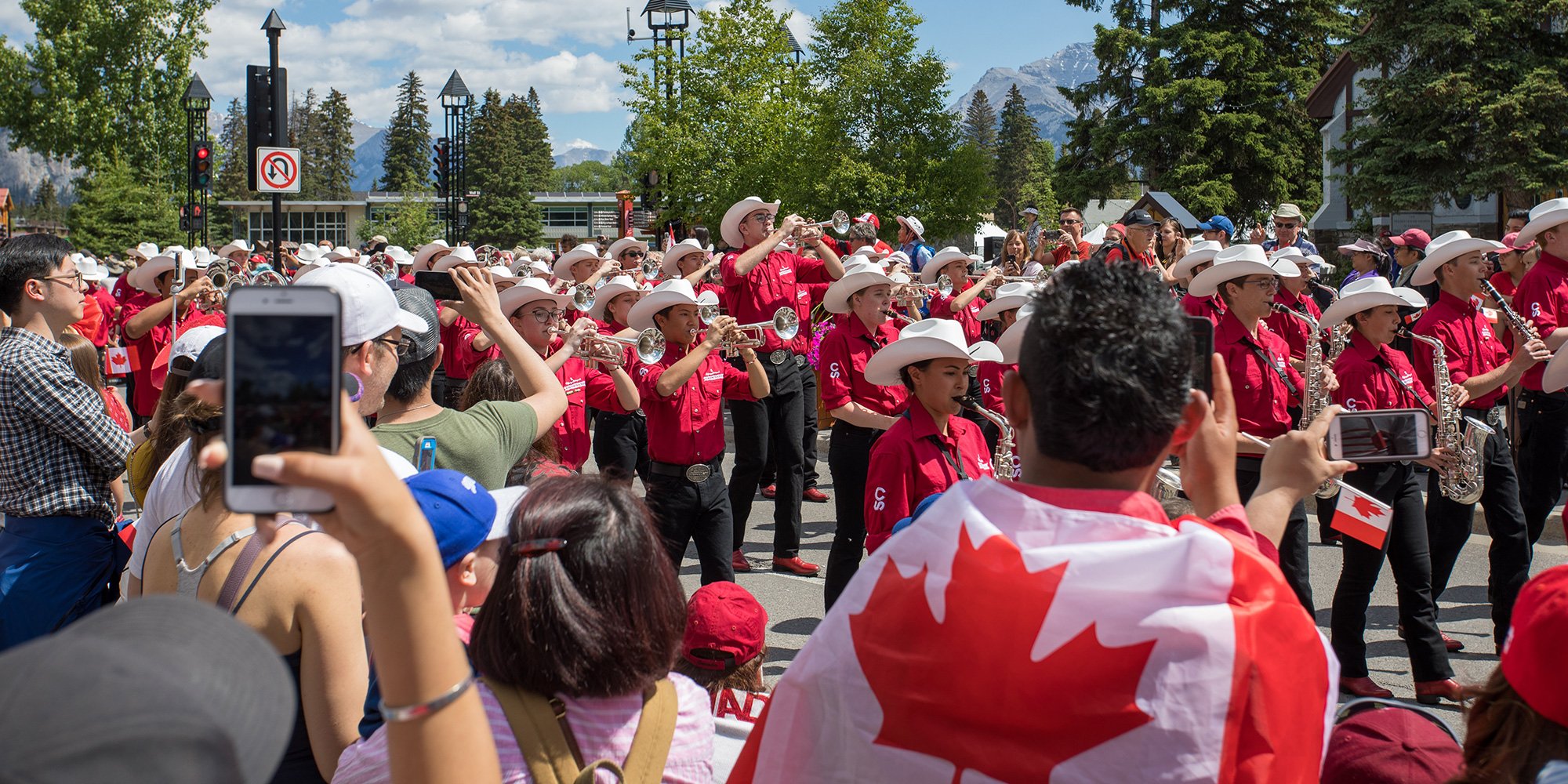Indigenous or Aboriginal: Which Is Correct?
“Which is correct? Indigenous or Aboriginal” is a frequently asked question for us at Indigenous Corporate Training Inc. The federal government’s...

We’ve talked about the definition of Indigenous Peoples and the constitutional significance of Indigenous or Aboriginal. In this article, we drill down on guidelines for usage. Terms for Indigenous Peoples have evolved over time and are continuing to evolve.
The First Peoples of this land now known as Canada formerly had unique communities with unique names - there wasn’t a need for collective nouns or complicated terminology. With European contact and ensuing colonization, the government required people to be defined and labelled for ease of governing.
The collective noun used in the Constitution Act 1982 includes the Indian (or First Nations), Inuit and Métis Peoples so legally it will always have a place at the terminology table.
If using interchangeably with First Nations note that some First Nations prefer not to be called Aboriginal Peoples
If using this, it should always be Aboriginal Peoples together as opposed to Aboriginal or Aboriginals.
First Nation is a term used to identify Indigenous peoples of Canada who are neither Métis nor Inuit. This term came into common usage in the 1970s to replace the terms “Indian” and “Indian band” which many find offensive. First Nations people include both status and non-status Indians so there’s a need to be careful with its usage, especially if in reference to programs that are specifically for status Indians.
There is no legal definition for First Nation and it is acceptable as both a noun and a modifier.
If using interchangeably with Aboriginal Peoples as some First Nations people don’t like the term Aboriginal Peoples
If using interchangeably with First Nations as some may have more preference for Indigenous Peoples, for example, First Nation communities in Ontario have expressed publicly and politically that they prefer Indigenous Peoples.
“Indian” is the legal identity of an Indigenous person who is registered under the Indian Act.
One story about the origin of the term “Indian” dates back to Christopher Columbus, who mistakenly thought he had reached the East Indies, so referred to the people in the lands he visited as “indios” which is Spanish for Indian.
If using in front of individuals as some may deem it derogatory and outdated and call you out on it.
Status Indians - are those who are registered under the Indian Act
*Non-status Indians - are those who generally speaking have two distinct qualities: (1) they lack status under the Indian Act; and (2) they have Indian heritage; in other words, they have lost their status or whose ancestors were never registered or who lost their status under former or current provisions of the Indian Act
Treaty Indians - are those who are members of a community whose ancestors signed a treaty with the Crown and as a result, are entitled to treaty benefits.
A collective noun for First Nations, Inuit Metis and growing in popularity in Canada. In “Indigenous or Aboriginal: Which is Correct?” we explore the difference.
If using interchangeably with First Nations as some may have more preference for Indigenous Peoples, for example, First Nation communities in Ontario have expressed publicly and politically that they prefer Indigenous Peoples
Indigenous people in northern Canada, living mainly in Nunavut, Northwest Territories, northern Quebec and Labrador. Ontario has a very small Inuit population. Inuit are not covered by the Indian Act.
Eskimo as it is considered derogatory. Here’s some more information on terminology related to Inuit Peoples of the World
Inuit are not the same as Innu as Innu are an Indigenous group that primarily live in northeastern Quebec and southern Labrador
Métis Peoples are people of mixed Indigenous and European ancestry. The Métis National Council adopted the following definition of “Métis” in 2002: “Métis” means a person who self-identifies as Métis, is distinct from other Aboriginal peoples, is of historic Métis Nation Ancestry and who is accepted by the Métis Nation.” *Métis are now covered by the Indian Act.
Use in reference to ‘persons whose ancestors inhabited Canada and received land grants and/or scrip” [2]
Use in reference to those who self-identify as Métis
Some people may refer to themselves as Metis but upon further research, they might fit more into non-status Indian than Metis; for example, "Barbara" self-identifies as a Métis person but with some exploratory questions you discover she lost her status in 1981 upon marriage to a non-status Indian; Barbara doesn't meet the criteria as Métis person based upon the definition above.
An outdated collective term referring to Indians (Status, Non-status, Treaty), Métis, and Inuit but has largely been replaced by Indigenous. While some First Nations individuals refer to themselves as “Native” that doesn’t give non-Indigenous people license to do so.
Use when working with organizations such as the Native Women’s Association of Canada
Use when an individual self-identifies using this term
Always capitalize Indigenous, Aboriginal, First Nation, Inuit, Métis as a sign of respect the same way that English, French and Spanish etc are capitalized.
Avoid using possessive phrases like “Canada’s Indigenous Peoples” or “our Indigenous Peoples” as that has connotations of ownership. Perhaps go with “Indigenous Peoples of Canada”.
We’re not sure why, but the plural possessive for First Nations, Indigenous Peoples, and Aboriginal Peoples does not generally use the apostrophe so you won’t see, for example, “First Nations’ land”.
We hearken back to our main terminology training tip here which is “always go with what people are calling themselves”. It requires some research but it will be worth the effort. You can watch this Vancouver Board of Trade video here to get my pro tip for research on this topic. Hint: it’s “call the community office after hours to listen to the recorded message.”
* Non-status Indians and Métis historically were not covered by the Indian Act but as of the Supreme Court of Canada decision on April 14, 2016, they are now considered Indians; how this will affect their rights has not been determined at this time.
[1] Strategic Alliance for Broadcasters for Aboriginal Reflection
[2] Aboriginal Peoples: Terminology and Identity, Library of Parliament Research Publications
Featured photo: Unsplash

“Which is correct? Indigenous or Aboriginal” is a frequently asked question for us at Indigenous Corporate Training Inc. The federal government’s...

The origin of the term “Indian” dates back to Christopher Columbus, who mistakenly thought he had reached the East Indies, so referred to the people...

June is National Aboriginal History Month, and this year, the day after National Aboriginal History Month ends activities for Canada 150 begin....